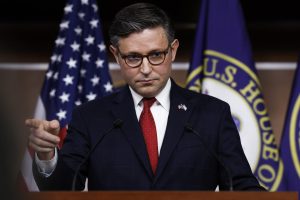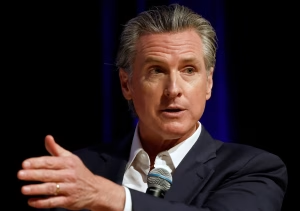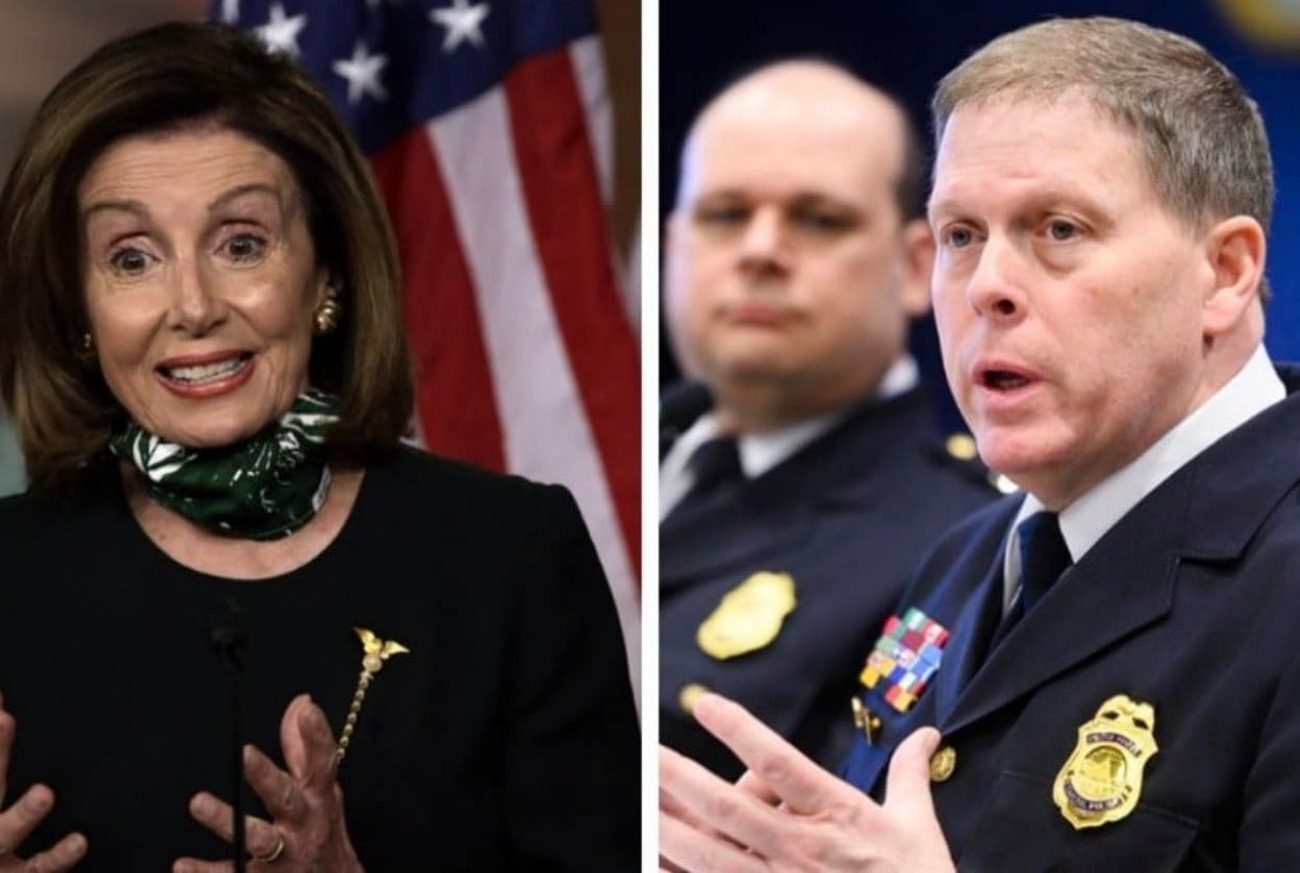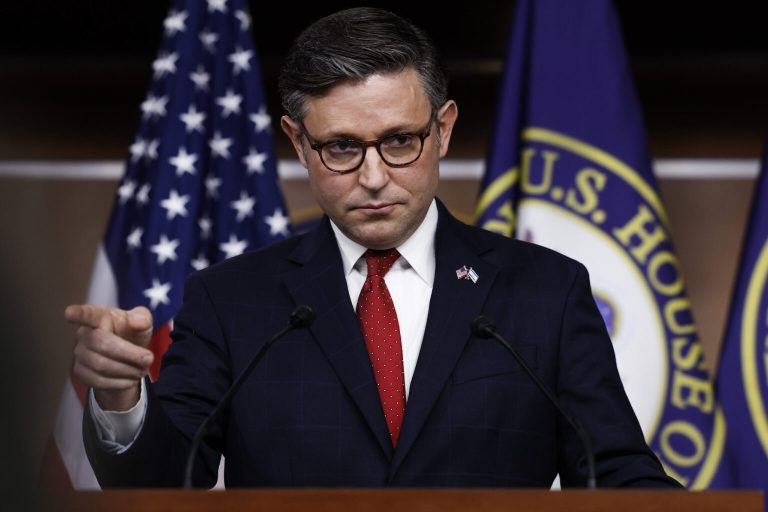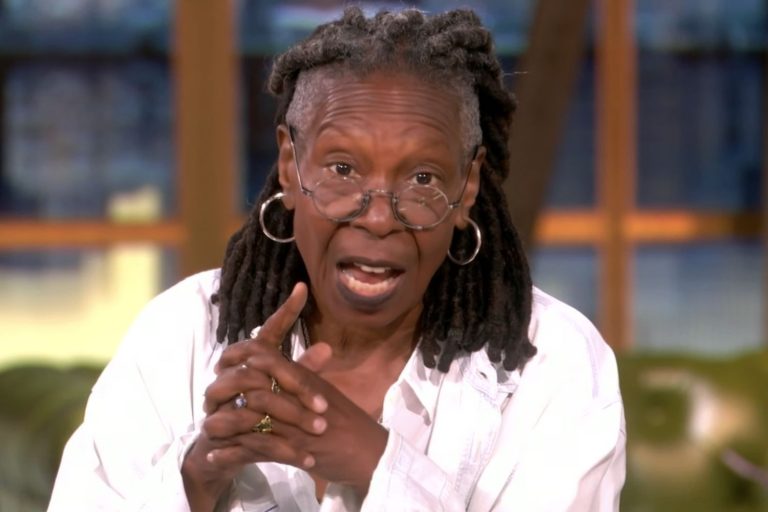Former Capitol Police Chief Steve Sund has publicly disputed former House Speaker Nancy Pelosi’s latest remarks about her role in the security breakdown surrounding the January 6, 2021, Capitol riot, releasing a detailed statement and timeline that directly contradict key parts of her account.
The exchange began Wednesday morning, when Pelosi, speaking briefly with reporters outside the Capitol, became frustrated after being questioned about her handling of National Guard support during the riot.
When Lindell TV reporter Alison Steinberg pressed Pelosi on whether she had declined troop deployment requests, the former Speaker snapped back, saying, “I did not refuse the National Guard. The President didn’t send it. Why are you repeating Republican talking points?”
Pelosi’s comments quickly drew a reaction from Steve Sund, who served as Capitol Police Chief during the events of January 6.
Taking to social media, Sund directly challenged Pelosi’s version of events, claiming his repeated requests for National Guard assistance were delayed or denied by congressional leadership under her authority.
“It was your Sergeant at Arms who repeatedly denied my multiple requests for National Guard assistance before and on January 6,” Sund wrote. “Even during the riot, my urgent requests were held for over 70 minutes while they were being ‘run up the chain’ for approval.”
Sund also attached a timeline showing that his initial request for support was made on January 3, 2021, when House Sergeant at Arms Paul Irving cited concerns about the “optics” of deploying troops around the Capitol.
Subsequent requests, he said, were made throughout January 6 at 12:58 p.m., 1:05 p.m., and 1:21 p.m. but were not approved until after 2:00 p.m., when violence had already escalated. According to Sund, the delays “cost precious time” and allowed rioters to breach key security lines.
In June 2024, previously unreleased footage reviewed by the House Oversight Committee showed Pelosi saying on camera, “I take responsibility.”
That statement, combined with Sund’s detailed account, has renewed questions about the chain of command and decision-making process during the Capitol attack.
At the time, both Pelosi and D.C. Mayor Muriel Bowser reportedly rejected National Guard reinforcement offers, citing concerns about militarization. Intelligence briefings before the event also indicated a heightened risk of unrest, though communication breakdowns among agencies prevented coordinated action.
Critics argue the delays were politically motivated, while Pelosi’s defenders maintain that the responsibility rested with federal law enforcement and the Department of Defense.
Sund, however, continues to assert that the denials came from congressional officials operating under Pelosi’s authority — a claim he has raised repeatedly in interviews and testimony.
The renewed public dispute comes as a new January 6 Committee examines unresolved questions about both the security lapses and the political decision-making that preceded them.
Analysts note that Sund’s decision to go public again, coupled with Pelosi’s sharp response to reporters, suggests tensions remain high around one of the most scrutinized events in modern U.S. political history.
Pelosi’s office has not yet issued a statement addressing Sund’s most recent comments.

James Jenkins is a celebrated Pulitzer Prize-winning author whose work has reshaped the way readers think about social justice and human rights in America. Raised in Atlanta, Georgia, James grew up in a community that instilled in him both resilience and a strong sense of responsibility toward others. After studying political science and creative writing at Howard University, he worked as a journalist covering civil rights issues before dedicating himself fully to fiction. His novels are known for their sharp, empathetic portraits of marginalized communities and for weaving personal stories with broader political realities. Jenkins’s breakout novel, Shadows of Freedom, won national acclaim for its unflinching look at systemic inequality, while his more recent works explore themes of identity, resilience, and the fight for dignity in the face of oppression. Beyond his novels, James is an active public speaker, lecturing at universities and participating in nonprofit initiatives that support literacy and community empowerment. He believes that storytelling is a way to preserve history and inspire change. When not writing, James enjoys jazz music, mentoring young writers, and traveling with his family to explore cultures and stories around the world.

